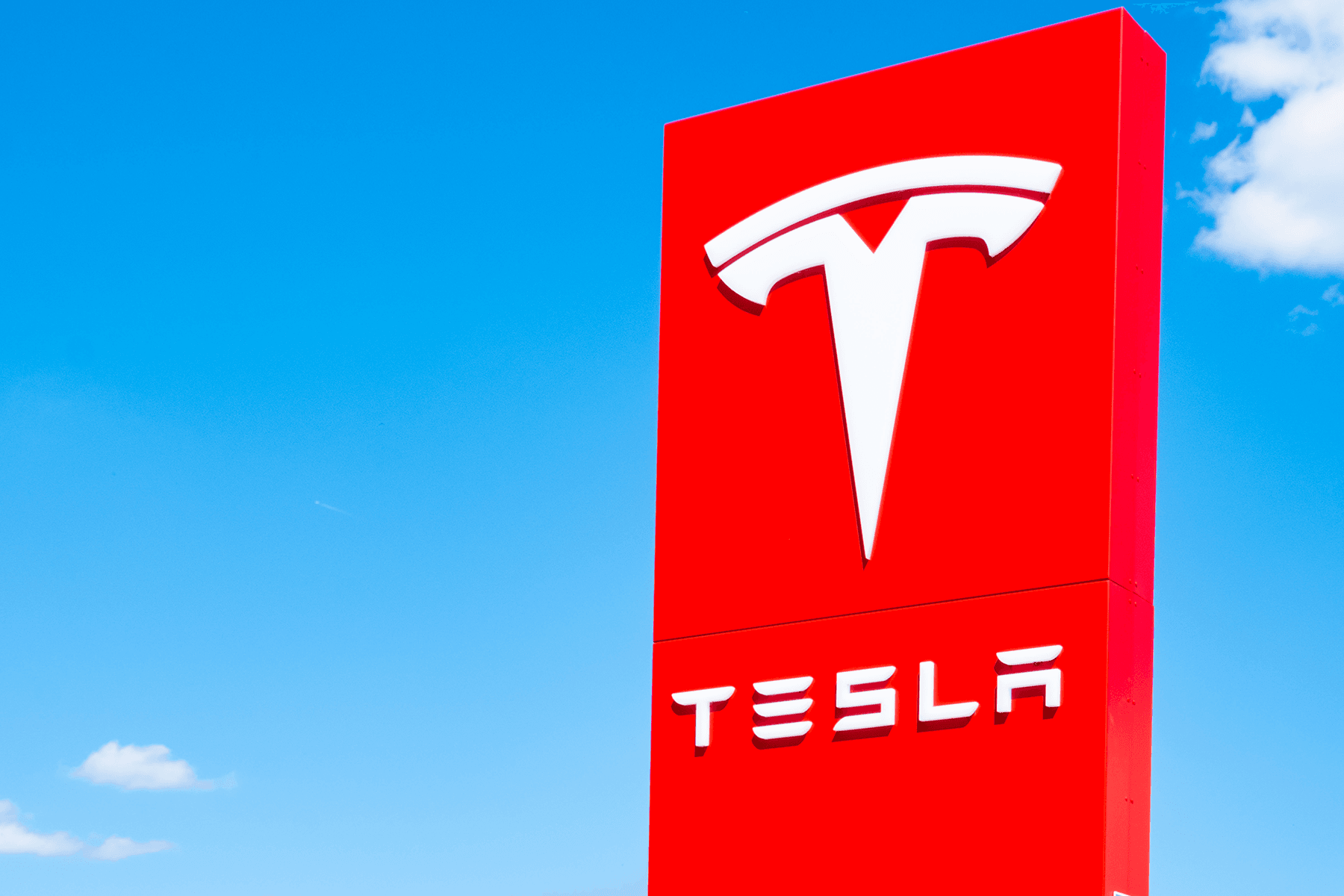Tesla Challenges $329M Autopilot Crash Verdict in Florida Federal Court
Tesla challenges a landmark verdict over Autopilot, arguing legal overreach, emotional bias, and threats to innovation in autonomous driving tech.
Published on
Tesla is challenging a $329 million jury verdict issued in August, which found that its Autopilot system partially caused a fatal 2019 crash in Key Largo, Florida. In a motion filed in Florida federal court, Tesla claimed the verdict contradicts core principles of Florida tort law and due process protections, calling it a “true outlier given the facts and law.”
The automaker argued that the plaintiffs' attorneys relied heavily on emotionally charged but legally irrelevant evidence, including unrelated Autopilot crashes, public statements made by CEO Elon Musk, and allegations that Tesla mishandled vehicle data. According to Tesla, this strategy improperly influenced the jury’s decision and distracted from the central facts of the case — particularly that the driver had already admitted to reckless behavior.
"This court rejected much of that evidence when offered to support punitive damages, and tried to cabin its use for liability," Tesla’s post-trial motion stated. "But again and again, plaintiffs' counsel crossed boundaries and led the jury astray."
The Crash and the Jury’s Findings
The fatal crash occurred on April 25, 2019, when George Brian McGee was driving his Tesla Model S on Card Sound Road in Key Largo. According to trial testimony, McGee took his eyes off the road to retrieve his phone, ran a stop sign, and slammed into a parked Chevrolet Tahoe. The collision killed 22-year-old Naibel Benavides Leon and seriously injured her boyfriend, Dillon Angulo, who were standing next to the vehicle.
McGee had engaged the vehicle’s Autopilot system earlier in the drive. Just before the crash, however, he pressed the accelerator to exceed the speed limit, a move that disabled the car’s cruise control braking function.
Following a three-week trial, a Miami jury found Tesla to be 33% at fault for the crash, with McGee bearing the remaining 67% of responsibility. The jury awarded $59 million in compensatory damages to Benavides’ parents and $70 million to Angulo. Due to the apportionment of fault, those damages were reduced to $42.57 million. The jury also issued an additional $200 million in punitive damages against Tesla.
Tesla’s Legal Arguments
Tesla’s motion to overturn the verdict rests on multiple legal claims. First, the company says the punitive damages award is legally unsustainable under both Florida law and constitutional due process standards. The automaker cited a recent Florida appellate court decision, Tesla Inc. v. Kim Banner, where the court denied punitive damages in a similar Autopilot-related crash. In that case, the court ruled that the plaintiff must show conduct “so egregious” it equates to criminal manslaughter — a threshold Tesla argues was not met here.
Tesla further contended that Florida law caps punitive damages at three times the net compensatory damages, a limit that was far exceeded in this case. Moreover, the automaker pointed to longstanding constitutional principles requiring that punitive damages not grossly exceed compensatory awards.
“Holding Tesla liable for providing drivers with advanced safety features just because a reckless driver overrode them cannot be reconciled with Florida law,” the company asserted. Tesla emphasized that its Model S includes multiple, clearly communicated warnings about the system’s limitations.
Additionally, Tesla criticized the plaintiffs’ expert testimony, which faulted the company for not designing the vehicle to automatically brake for stationary, off-lane objects — a capability Tesla said no other car had at the time.
The Plaintiffs’ Response
Attorneys for the plaintiffs dismissed Tesla’s post-trial motion as a rehash of arguments already considered and rejected by the court.
"The same arguments were raised by Tesla at multiple points both before and during trial, which the court denied," said Todd Poses of Poses Law Group PA and Adam Boumel of the Rousso Boumel Law Firm PLLC in a joint statement. "We did not believe that Tesla's arguments had any merit then, and we do not believe that they have any merit now."
Lead trial attorney Brett Schreiber of Singleton Schreiber LLP added that Tesla’s motion “is the latest example of Tesla and Musk's complete disregard for the human cost of their defective technology.” He argued that the jury’s decision was grounded in a shared responsibility framework, but also recognized Tesla’s role in misrepresenting the capabilities of its Autopilot system.
“The jury heard all the facts and came to the right conclusion,” Schreiber said. “This verdict serves not as an indictment of the autonomous vehicle industry, but of Tesla's reckless and unsafe development and deployment of its autopilot system.”
Law Firms Involved
The plaintiffs were represented by:
Tesla is represented by:
What’s Next for the Case
Tesla’s motion now awaits review by U.S. District Judge Cecilia M. Altonaga in the Southern District of Florida. If the court denies the request to overturn or reduce the damages, Tesla may appeal the decision. The outcome could have broader implications for future litigation over autonomous vehicle technology and the standard of liability applied to manufacturers.
Tesla maintains that excessive verdicts like this could deter innovation in automotive safety systems. “Unfounded and unconstitutional verdicts like this one against Tesla create perverse incentives for manufacturers,” said Tesla’s attorney Ted Boutrous of Gibson Dunn. “The Supreme Court has repeatedly warned about the due process dangers of arbitrary and grossly excessive punitive damages awards.”


